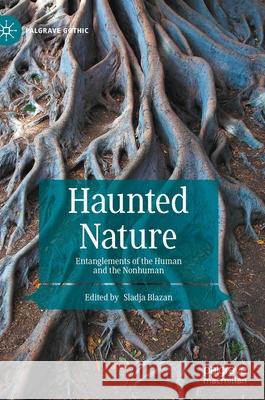Haunted Nature: The Cultural Work of Environmental Haunting » książka
topmenu
Haunted Nature: The Cultural Work of Environmental Haunting
ISBN-13: 9783030818685 / Angielski / Twarda / 2021 / 216 str.
Haunted Nature: The Cultural Work of Environmental Haunting
ISBN-13: 9783030818685 / Angielski / Twarda / 2021 / 216 str.
cena 441,75
(netto: 420,71 VAT: 5%)
Najniższa cena z 30 dni: 424,07
(netto: 420,71 VAT: 5%)
Najniższa cena z 30 dni: 424,07
Termin realizacji zamówienia:
ok. 22 dni roboczych.
ok. 22 dni roboczych.
Darmowa dostawa!
Kategorie:
Wydawca:
Palgrave MacMillan
Seria wydawnicza:
Język:
Angielski
ISBN-13:
9783030818685
Rok wydania:
2021
Wydanie:
2021
Numer serii:
000465538
Ilość stron:
216
Waga:
0.41 kg
Wymiary:
21.01 x 14.81 x 1.42
Oprawa:
Twarda
Wolumenów:
01
Dodatkowe informacje:
Wydanie ilustrowane











